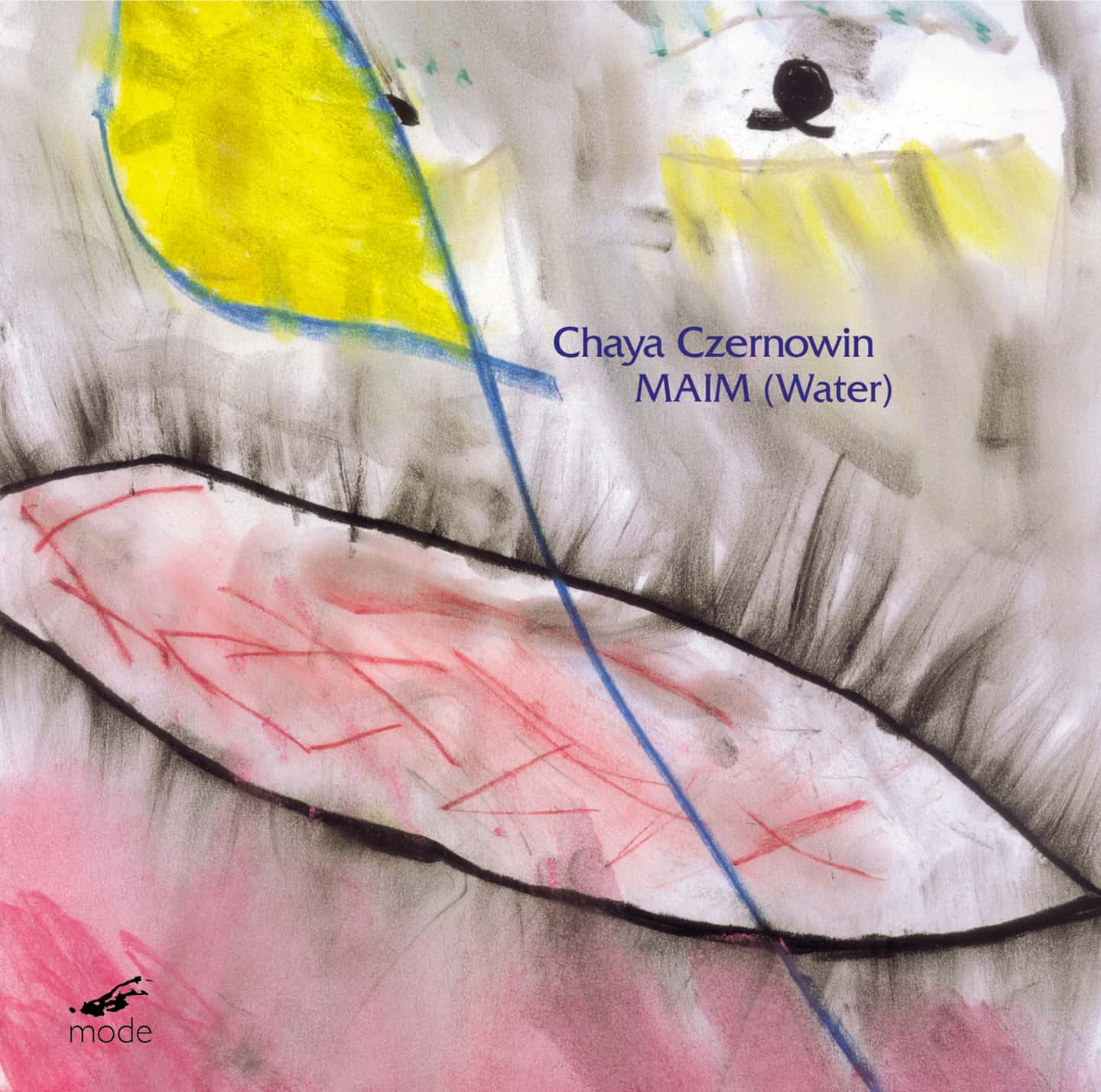Chaya Czernowin
MAIM (2002-2006)
1. Maim zarim maim Gnuvim (strange water stolen water) (17:21)
2. The memory of water (8:32)
3. Mei mecha’a (water of dissent) (18:25)
Rico Gubler, saxophone, tubax (recorded and live)
Peter Veale, oboe, musette, English horn
John Mark Harris, piano & harpsichord
Seth Josel, electric & steel guitars
Mary Oliver, viola
Live-Electronics: Experimentalstudio des SWR,
Michael Acker, Reinhold Braig, Thomas Hummel, sound direction
Konzerthausorchester Berlin
Johannes Kalitzke, conductor
Maim, a major piece in Ms. Czernowin’s œuvre, is a large scale, 50-minute orchestral tryptch with 5 soloists. The 5 soloists are include regular interpreters of her music: Rico Gubler, tubax (a hybrid of a saxophone & tuba); Peter Veale, oboe & musette; John Mark Harris, piano & harpsichord; Seth Josel, guitars; Mary Oliver, viola.
Maim, “water” in Hebrew, is the metaphor which dominates the piece. Elementary forms of water appear throughout Maim, musically translated. Scattered droplets — articulated as points — close Maim zarim, maim gnuvim; the same droplets begin Mei Mecha’a, but this time, perhaps, condensed. Condensation, indeed, is meant in almost a literal sense here: where at the end of Maim zarim, maim gnuvim these are truly heard as liquid points, in their re-articulation at the beginning of Mei Mecha’a, they are in a state between that and one seemingly gaseous, or at least cloud-like, even if whether vapor is condensing into liquid, or vice versa, remains unclear. Those same points begin to crystallize into solid form in their rapid, meccanico repetition, which dominates the centre of The Memory of Water. But this is not a romantic tone poem. The motion between its states follows a logic which is anything but that of water itself.
Maim springs from the thought that only a small part of human communication lies in words. Most comes through gestures, timbre, tempo, and the world’s great problems result from the overvaluation of words. Influenced by the huge media coverage of the Middle East, Chaya Czernowin has composed a sensitive piece which sounds out the possibilities of music against the background of a newly understood communication.
Following its Berlin premier in March 2007 at the prestigious MaerzMusik Festival, the critic John Warnaby said: “…“Maim” is probably her finest achievement to date. …the product of a remarkable sonic imagination. The solo instrumental quintet and ‘live’ electronics create a delicate tapestry of sound, but equally the orchestra is deployed with considerable power when necessary.”
Trilingual notes (English, German, French) by Martin Iddon and the composer are included.

